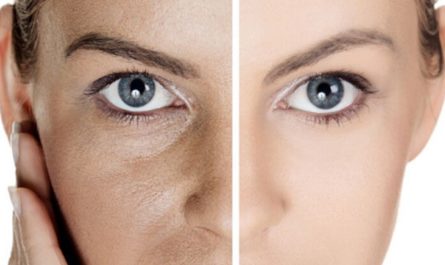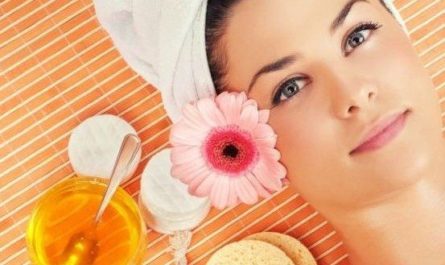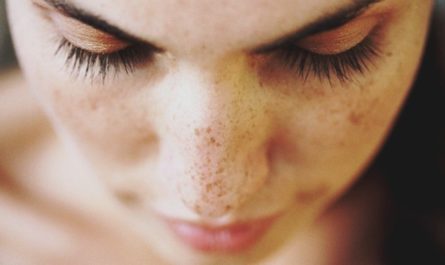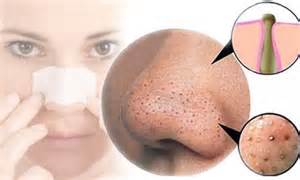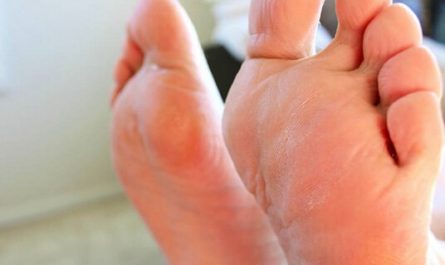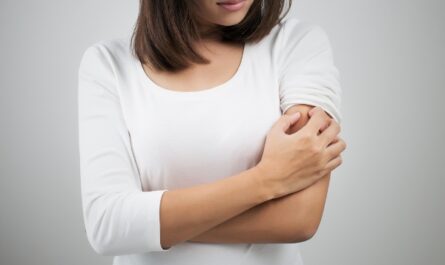Acne is a common skin condition that affects people of all ages. It can be frustrating and embarrassing, but the good news is that many natural remedies can help treat and prevent acne. One effective and affordable option is to make your own DIY face masks using ingredients that are easily available at home. These masks can help reduce inflammation, unclog pores, and promote clear and healthy skin. In this article, we will explore 10 DIY face masks for acne treatment that you can easily make and use at home.
What are the Causes of Acne?
Acne is a common skin condition that affects millions of people worldwide. It occurs when hair follicles become clogged with oil, dead skin cells, and bacteria. This will result in the formation of pimples, blackheads, and whiteheads. While the exact cause of acne is not fully understood, several factors contribute to its development.
1. Hormonal Changes: Hormonal fluctuations, particularly during puberty, can trigger acne. Increased levels of androgens, such as testosterone, can stimulate the production of sebum (oil) in the skin, leading to clogged pores and acne breakouts.
2. Excess Oil Production: The sebaceous glands in the skin produce an oily substance called sebum, which helps lubricate the skin. However, excessive sebum production can contribute to the development of acne by clogging the hair follicles.
3. Bacteria: The presence of a specific bacteria called Propionibacterium acnes (P. acnes) on the skin can contribute to the development of acne. This bacteria feeds on sebum and produces substances that can trigger inflammation and the formation of acne lesions.
4. Clogged Pores: When dead skin cells and excess sebum accumulate in the hair follicles, they can block the pores and create an environment conducive to the growth of bacteria, leading to acne.
5. Genetic Factors: There is evidence to suggest that genetics play a role in acne development. If your parents or siblings have a history of acne, you may be more prone to experiencing it as well.
6. Certain Medications: Some medications, such as corticosteroids, androgens, and lithium, can contribute to the development of acne as a side effect.
7. Lifestyle Factors: Poor diet, stress, lack of sleep, and certain cosmetic products can exacerbate acne or trigger breakouts in susceptible individuals.
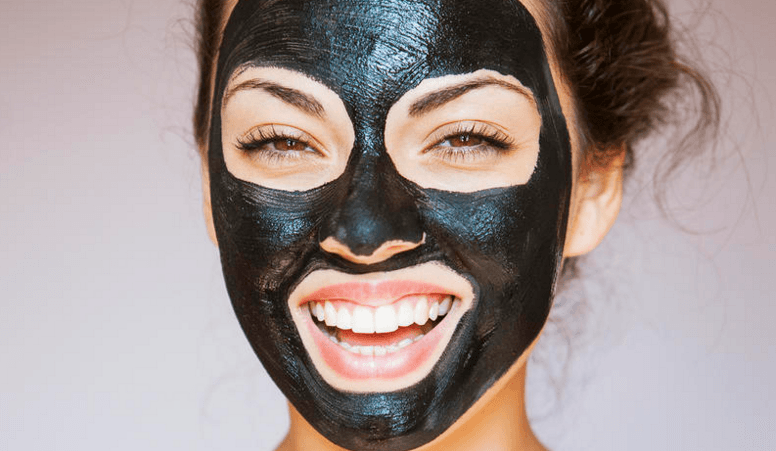
Why Face Masks are Good for Acne?
Face masks are beneficial for acne-prone skin for several reasons:
1. Deep Cleansing
Face masks can help deeply cleanse the skin by removing excess oil, dirt, and impurities that can clog pores and lead to acne breakouts. They can effectively unclog pores, allowing the skin to breathe and preventing the formation of new acne.
2. Exfoliation
Many face masks contain exfoliating ingredients such as clay, oatmeal, or fruit enzymes. These ingredients help remove dead skin cells, which can accumulate on the surface of the skin and contribute to clogged pores and acne. Regular exfoliation can promote cell turnover and reveal fresh, healthy skin.
3. Oil Control
Face masks formulated with ingredients like clay or charcoal can help absorb excess oil from the skin. Excess oil production is a common factor in acne development, so using a face mask that can control oil can be beneficial in preventing acne breakouts.
4. Anti-Inflammatory Properties
Some face masks contain ingredients with anti-inflammatory properties, such as aloe vera, chamomile, or green tea. These ingredients can help reduce redness, swelling, and inflammation associated with acne. By calming and soothing the skin, they can promote healing and prevent further irritation.
5. Antibacterial Action
Certain face masks contain antibacterial ingredients like tea tree oil, honey, or neem, which can help kill acne-causing bacteria. By eliminating bacteria on the skin’s surface, these masks can reduce the risk of infection and help prevent new acne breakouts.
6. Hydration and Nourishment
Some face masks are designed to hydrate and nourish the skin. Keeping the skin properly moisturized is essential for maintaining its health and preventing excessive oil production. Well-hydrated skin is less likely to experience dryness and irritation, which can trigger acne.
7. Relaxation and Stress Reduction
Taking the time to apply a face mask can be a relaxing and self-care ritual. Stress is known to exacerbate acne, so incorporating a regular skincare routine that includes face masks can help reduce stress levels and promote overall skin health.
10 DIY Face Masks for Acne Treatment
Your kitchen can be the source of your weekly or monthly treatment. You can easily make DIY face masks for acne by checking the cabinets in your kitchen.
1. Honey and Cinnamon Mask
You may not want to use honey because of its sticky feeling on the skin, but it contains antibiotic properties which can eliminate acne-causing germs.
Cinnamon also has antimicrobial properties which can prevent bacteria from developing. Combining honey and cinnamon can increase the mask’s anti-bacterial properties to treat acne effectively. It can stop bacteria and prevent germs from developing.
- Wash your face and wipe gently with a clean towel.
- Mix two tbsp. Of honey and one tsp. of cinnamon. Make sure that you blend it well until you form a paste.
- Apply the honey and cinnamon mask on your whole face, especially on the affected areas.
- Let it sit for at least ten minutes before rinsing it off.
2. Egg White Mask
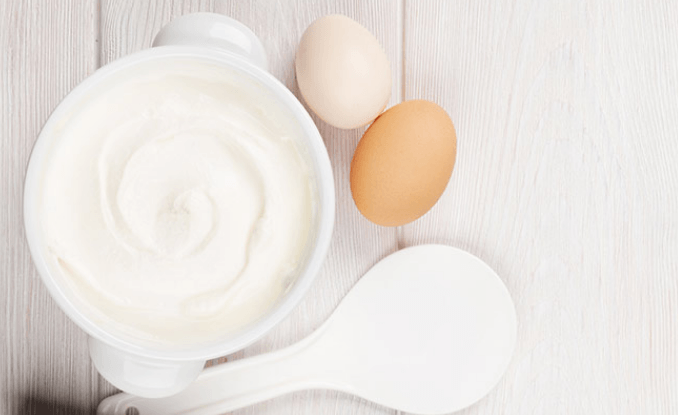
Another acne treatment that can be found in your kitchen is an egg white mask. This treatment is not only affordable but also very easy to do.
Egg whites are known to be effective in treating acne and can also help remove scars and other skin blemishes. Egg whites are rich in proteins and nutrients, which fight acne while revitalizing the skin. With this mask, you can finally bid farewell to those bacteria and blemishes! Aside from that, it can also remove excess oil from the face.
- Wash your face and wipe gently with a clean towel.
- Get eggs and separate the egg yolks from the white. You can take as many egg whites as you like.
- Whisk the egg whites and leave them for three minutes.
- Apply the egg white mask on your face, and make sure to add more to the affected area of the skin. You can add up to four layers of egg white mask to your face but make sure that the previous layer has already dried.
- Leave the mask on your face for at least twenty minutes before washing off with lukewarm water.
- After this treatment, apply moisturizer to prevent skin dryness.
3. Potato Mask
If you are a potato lover, you would not mind applying a potato mask to your face. Potato is indeed a healthy vegetable. The secret benefit of it is its ability to combat acne.
Potatoes are rich in phosphorus, sulfur, chloride, and potassium, which help remove blemishes. Potatoes also contain antioxidants that can revitalize the skin. All you need is just one potato.
- Wash your face and wipe gently with a clean towel.
- Grate one piece of raw potato.
- Rub the potato pulp and its juice on your skin for at least five minutes. Rub it in a circular motion.
- Leave it on for at least fifteen minutes before washing with lukewarm water.
4. Garlic and Aloe Vera Mask
Garlic is one of the natural remedies for fighting acne and other diseases due to its antibacterial properties. Garlic lovers are likely to reduce the amount of acne.
You can use garlic topically, or you can also ingest it. It is much better if you can extract the juice of the garlic or mash it. Mix the mashed garlic with aloe vera or water before applying it to your face. Do not use plain garlic directly on the skin as it can cause inflammation.
If you wish to ingest garlic, you can take one or two cloves of garlic a day.
- Extract the juice of garlic or mash three cloves of garlic.
- Mix it with aloe vera gel and let it sit for at least ten minutes.
- Apply the mask on your face, especially on the affected area.
- If there is no aloe vera gel, you can use water as a substitute. However, it will not be as sticky on the face as when using aloe vera gel.
5. Green Tea, Apple Cider Vinegar, and Sugar Mask
Green tea is one of the healthiest beverages in the world. It can boost your immune system and help the body’s detoxification process. Another great thing about green tea is that it can also help to remove acne.
You can drink green tea every day but applying it topically has been proven to be more effective. The antioxidants present in green tea are proven to reduce the production of sebum and the growth of bacteria and inflammation. You can drink two cups of green tea per day to detoxify or apply green tea directly to your skin.
- Wash your face and wipe gently with a clean towel.
- In a bowl, put two teaspoons of green tea and one teaspoon of apple cider vinegar.
- Add one teaspoon of honey and five teaspoons of sugar.
- Mix it well until it becomes thick. You can add more sugar if necessary.
- Apply the mask to your skin and massage it on your face for at least five minutes to remove impurities. It can also enhance blood circulation.
Sugar is considered a natural exfoliant as it can help to unclog pores and eliminate blemishes. Leave the mask on your face for at least ten minutes before washing it off with lukewarm water.
6. Baking Soda Mask
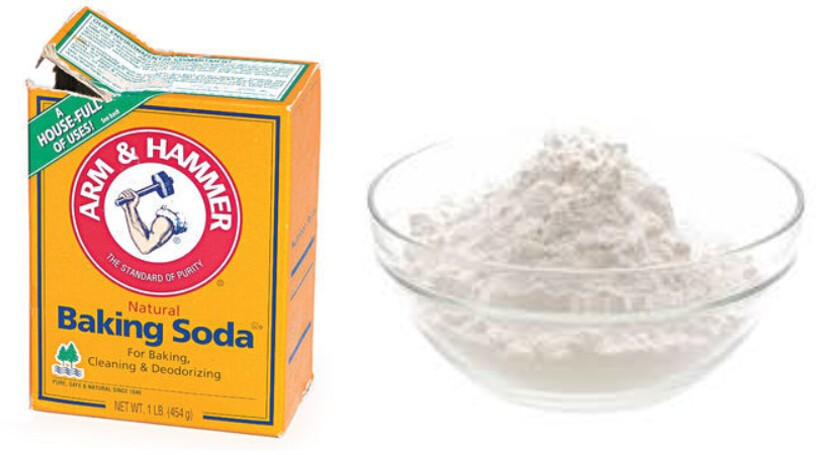
Baking soda has many uses. It is also a popular treatment to make the skin whiter. Aside from that, it can also be used to treat acne. Baking soda contains antiseptic properties which can combat bacteria as well as fungus.
It can also eliminate excess sebum from the face and can unclog the skin pores. Baking soda is also an effective treatment to remove skin impurities.
- Wash your face and wipe gently with a clean towel.
- Mix equal amounts of water and baking soda to make a paste.
- Apply the paste to the affected area and massage it for at least two minutes in circular motions.
- Leave it on for at least fifteen minutes before washing with warm water.
- Apply moisturizer after this treatment.
Aside from baking soda masks, you can also use them as a facial scrub—mix baking soda with a little bit of water. Scrub the paste to your skin and massage it for at least five minutes to remove impurities. Rinse thoroughly with warm water and apply moisturizer after.
7. Oatmeal Mask
Oatmeal has many benefits not only internally but also externally. You can apply oatmeal to your skin to remove blemishes and combat acne. It can also reduce inflammation to prevent possible breakouts.
For better results, you can include honey in your oatmeal mask. If you are experiencing pain due to severe acne, apply an oatmeal mask on your skin to reduce pain and breakouts.
- Prepare your oatmeal like how you normally do it according to the instructions from the box.
- Once done preparing and still warm, mix two tablespoons of honey.
- Please wait for the mixture to cool down until it is comfortable enough to be applied to the skin.
- Apply the mixture on your face, especially on the affected area.
- Leave the mask on for about half an hour before rinsing it off with lukewarm water.
8. Milk and Honey Face Mask
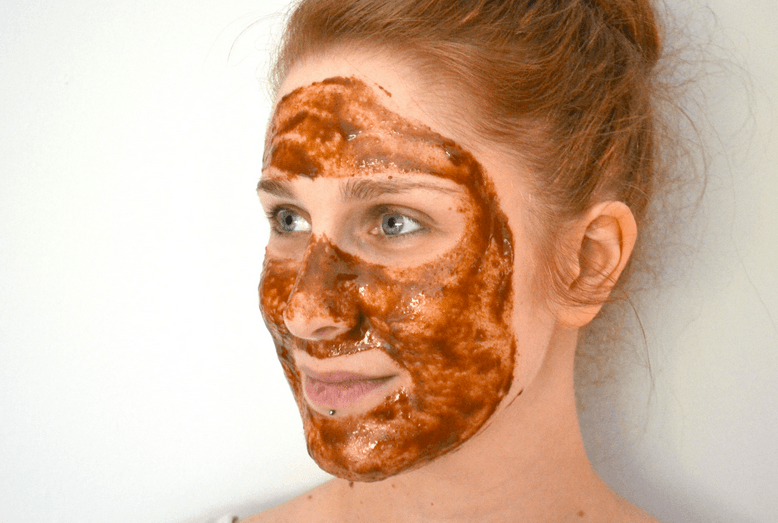
Even though dairy products can cause the breakout of acne, applying milk topically can actually enhance your skin tone. Milk can soothe the skin and can reduce inflammation. Besides milk, you can also use yogurt, which contains antibacterial properties, while feeding the skin with the required nutrients.
- Mix one tablespoon of honey with one tablespoon of milk or yogurt.
- Apply the mixture on your face until it dries.
- Once the first layer has dried, you can add more layers.
- Leave the mask on your face for at least ten minutes.
- Rinse it off while scrubbing your skin in circular motions to remove impurities.
- Apply moisturizer after the treatment.
9. Orange Peel Mask
Oranges are not only delicious but also work great for the skin. You can use orange peels to remove bacteria and sebum to unclog skin pores and can reduce acne.
Orange peels also contain vitamin C and astringent properties, promoting healthier skin cells while removing impurities. Since you will only use the orange peel, you can enjoy its pulps during the treatment!
- Wash your face and wipe gently with a clean towel.
- Remove the orange peels and grind them.
- Pour a bit of water to make a paste.
- Once it becomes thick, apply it to your entire face or the affected areas. If the paste is not as thick as it should be, do not worry, as it is still effective.
- Leave it on for at least twenty minutes before rinsing with water.
- Apply moisturizer.
10. Papaya Mask
Papaya is one of the most used ingredients in many beauty products such as soap, creams, and lotions. Many people drink papaya juice to achieve healthier and glowing skin.
Raw papaya is also considered an effective treatment for acne as it can help remove skin impurities and excess sebum from the skin. It can also leave the skin smooth and soft. Papayas can also reduce redness or inflammation.
- Wash your face and wipe gently with a clean towel.
- Remove the flesh of the papaya and mash it properly.
- Apply it on your face for at least fifteen minutes before rinsing with lukewarm water.
- Apply moisturizer.
How to Prevent Acne from Getting Worse?
Here are some tips to prevent acne from getting worse.
- Always wash your face and take good care of your skin. Do not scrub too much.
- Wash your hair regularly to keep the hair oil from your face.
- Avoid sweating too much as it can make acne worse. Make sure to wash your face right away after excessive sweating.
- Do not touch your face all the time, especially when your hands are dirty.
- Avoid long exposure to the sun as it can damage your skin even more.

